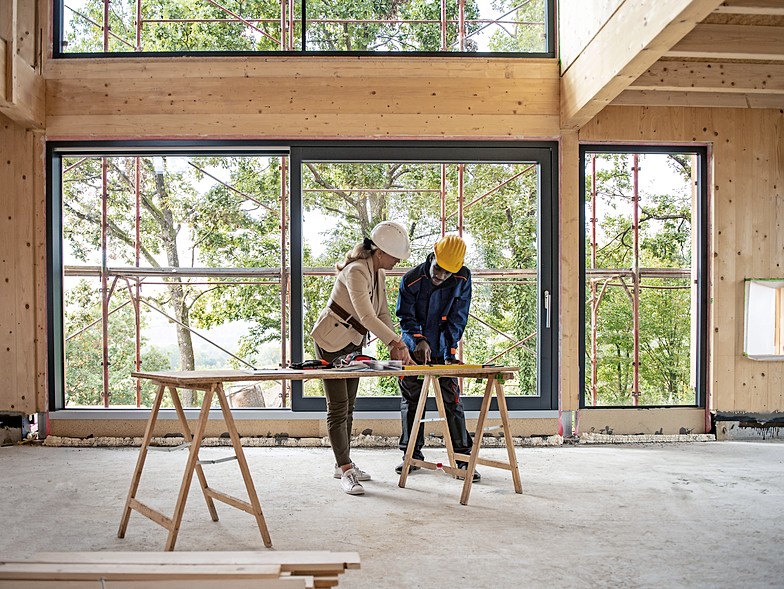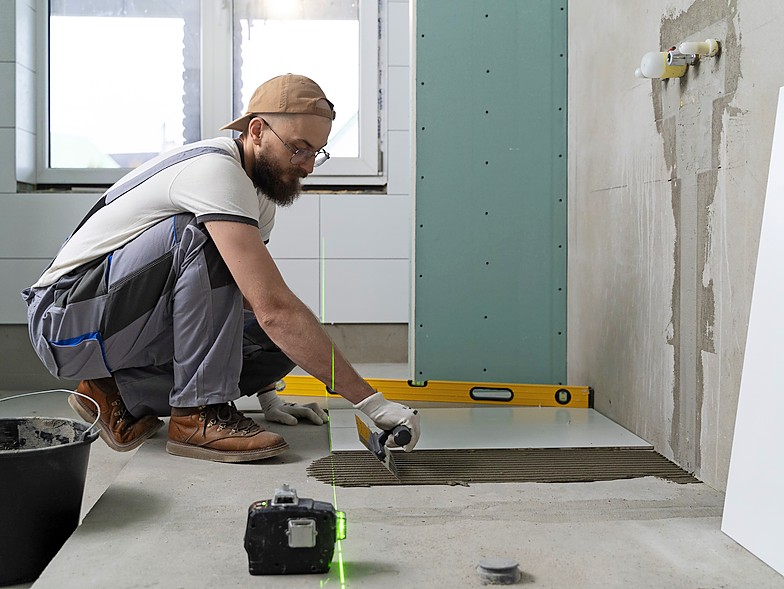10 Tips to Improve Your Home Renovation
Now that summer is here, it’s an excellent time for home projects. Whether you’re looking to upgrade your home for your own enjoyment or to prepare it for sale, picking the right contractor to do the work is essential. However, even with careful planning, some issues may still arise during the process. For the smoothest process possible, follow the ten prerenovation steps below to avoid costly mistakes and potential disputes down the line.

1. Evaluate your home’s condition
Before embarking on a major renovation project, you must understand the condition of your home’s infrastructure to ensure that it can meet your expectations and objectives. If the bones of your home are not strong enough, a heavy renovation may result in construction complications, significant damages, or even the contractor canceling in the middle of the project. This is especially true for older homes that have not been updated in many years, if ever.
2. Gain knowledge about the project
Once you’ve inspected your home, do your due diligence on the project itself. Educate yourself on what is fair and reasonable for the type of work you want to be done and the average time it takes to complete it. This can help you negotiate and communicate with your contractor and know what to expect once they get started.
3. Consider quality over price
It’s essential to be mindful of your budget, but you’ll still want to consider the contractor’s quality of work and reputation. Choosing the lowest bidder may lead to poor craftsmanship and the use of cheap materials that won’t last, resulting in more costly repairs or a complete do-over of the job. Read online reviews and testimonials from past customers on sites like Google or Yelp to ensure you choose the best contractor for your needs.
4. Ask plenty of questions
Surprises can be fun, but not when it comes to your home renovation. Be sure to inquire about your contractor’s daily work habits. For example, you’ll want to know what days and times they will be on the job¾you don’t want them to show up unexpectedly. Also, ask for proof that they and their subcontractors are appropriately licensed and insured to avoid potential lawsuits should someone get injured on the job.

5. Communicate your vision
When deciding on a contractor, you’ll want to share your ideas and expectations for the project to see if they’ll be a good fit. Once you’ve made your choice, outline all the details to ensure that everyone involved understands and agrees with the scope and expectations.
6. Account for unexpected costs
You will want to discuss with your contractor any potential issues that may lead to additional charges, such as old plumbing or a bathroom remodel—this can help prevent any disagreements about price or timing in the future. Consider adding an extra 15 percent of the estimated renovation expenses to your budget to account for any additional costs.
7. Put everything in writing
You should never begin a project without having a written contract. With a formal agreement in place, it is easier to resolve any issues that may arise during the project. It should include details about labor and material costs, payment terms, deadlines, and the job scope. It should also establish how much your contractor wants as an up-front payment and how the remainder will be paid—only pay the full amount once the job is completed to your satisfaction.
8. Set expectations up-front
An experienced contractor will know how to adjust their timeline to accommodate unforeseen weather or supply chain issues. However, not setting clear expectations from the get-go can create tension. Be sure to ask your contractor to explain their timeline for the project and the steps they will take to keep it on track in case of unexpected delays.

9. Get involved with the decision-making process
It’s common to experience some hiccups once the project is underway, and your contractor may need to alter the original plans. To avoid potential dissatisfaction with the outcome, it’s essential to make clear to your contractor in the beginning that you want to be consulted before any changes are made to your initial agreement.
10. Obtain the necessary permits
Whether you’re knocking down a wall, remodeling a kitchen or bathroom, or making changes to the plumbing or electrical wiring in your home, you may be required to get a building permit from your city’s construction office. Your contractor is usually responsible for obtaining these permits, but you’ll want to double-check to be sure they’ve acquired them before any work begins. Failure to do so can lead to hefty fines if you later decide to sell your home.


















